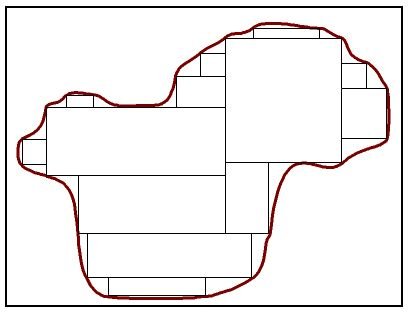Mobile Learning technology is quickly changing how we look at classroom education. Tablet computers like the iPads and Android devices offer many advantages over traditional computers or laptops, but are we using them effectively? Attend this webinar to discover how many schools and districts are successfully using iPads and Kineos in their classrooms to improve student performance and increase learning time.
Learn how to:
Learn how to:
- Use tablets to engage struggling learners.
- Increase learning time with increased mobility
- Begin the year with clear goals on tablet use to drive instruction and improve test scores
- Sync student usage with online reporting
- Provide strong professional development and implementation strategies
All attendees receive a Free Mobile Learning Checklist to help you plan your implementation.





